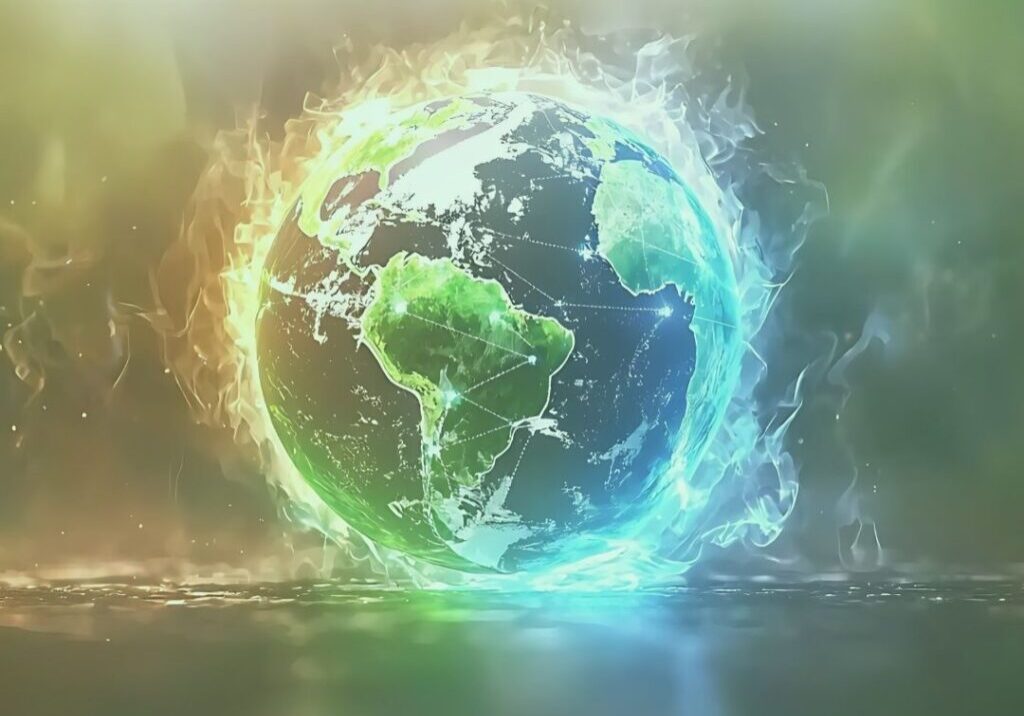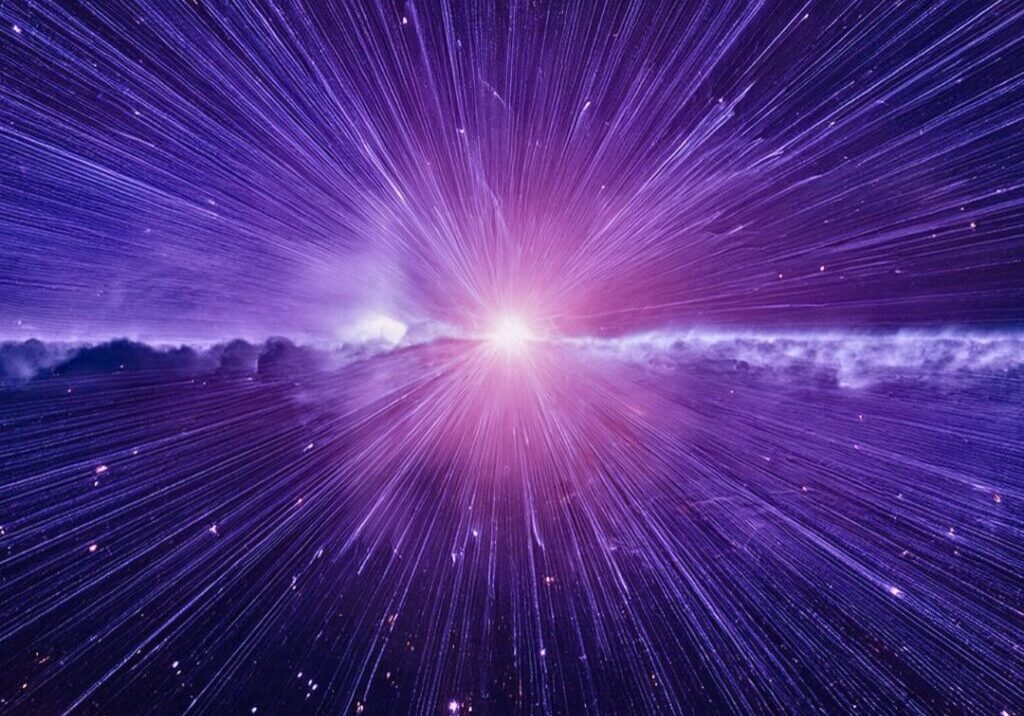God As Mystery
At a recent conference I attended, several people asked if God and nature are one and the same. This is the question of pantheism. And if this is true then there is no other existence but nature itself. And yet the nature of nature is to transcend itself. So how does nature explain its own transcendence? Yes, we have discovered new mechanisms in nature such as emergence, dynamic complexity, and self-organization but in themselves these do not account for nature’s openness to novelty. The question of openness itself is a transcendental one and thus it cannot be answered by its own condition of openness. To paraphrase Einstein, you cannot solve a problem with the same conditions that created it. So we run around in these circles—not quite at home with naturalism—because there is an openness within us that cannot be satisfied by the finite, contingency of nature itself, since the whole shebang is stretching toward something other. We name this other of nature’s longing as God.
Yet, the modern era has reduced God to a concept in the same way that we reduce matter to particles. Since concepts have proven themselves to be so rich and useful, the wisdom of the cosmos disclosed by philosophy and theology has been overshadowed by the episteme of concepts, specifically, of general concepts. A concept does not need love of wisdom (philosophy) to be a clear and distinct concept. Love becomes relegated to piety or devotion or sheer emotion. But this really is a modern, western problem. The ancient religious traditions including Baha’i, Sikhism, Buddhism, Hinduism, as well as Judaism, Christianity, and Islam all spoke of a deep relationship between divine being and love, rendering love the highest, most personal and universal of cosmic life.
The dwelling of the Divine is not a matter of our making a place for it or deciphering its language. It might better be understood as becoming conscious of our aspiration toward Mystery, because it already somehow dwells in us. The late polyglot and Catholic priest, Raimon Panikkar, whose Spanish Catalan mother and Indian Hindu father influenced his development of inter-religious theology, wrote that “there is in Man an urge, an aspiration to know the source of all knowledge, and by knowing this, all becomes known”; this aspiration from without meets the inspiration from within. The meeting of the two forms the “space” where the Divine dwells. God is the absolute power and depth of the seeker him or herself, a deep indwelling relationship that Panikkar calls “cosmotheandric.”
Entering into ourselves, we find the presence of this Mystery in our dynamism toward it. This aspiration is a total movement of our being; and becoming conscious of it, we reach an awareness of the reality of God. The unitive relationship between self-knowledge and divinity is foundational and universal, stemming from ancient Greek philosophers such as Socrates and Plato and affirmed by Jewish, Christian, Islamic, Hindu, and Buddhist traditions. On the entrance of the great Islamic temple of Harran the inscription is written: “He who knows himself knows Allah.” Similarly, the medieval German Dominican mystic Meister Eckhart wrote: “He who knows himself knows all things.” The knowing of the knower, the wording of the word, the minding of the mind is not another knower, word or mind. The knowing of the knower is the unknowable, ineffable, inexpressible or as one Upanishad states: “It is not the mind that one should seek to understand; one should know the thinker.” This is apropos to the problem of science today. We seek to understand the mind when in fact we should try to understand the “minder” or the one who is “minding matter.” In the final analysis we are asking about that which is other than the known and beyond the unknown. God is the language of the unsayable reality at the heart of all reality.
 View print-friendly version
View print-friendly version
Related Posts

The Earth Groans, AI Grows: Who Guides the Flame?
In this critical moment of planetary history, where ecosystems collapse, artificial intelligence proliferates, and human meaning trembles on the edge of uncertainty, we are faced with a profound question: What kind…

